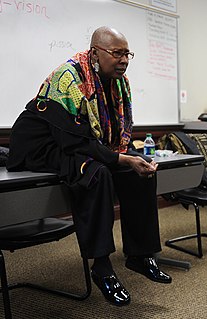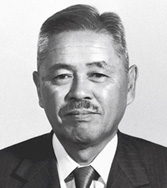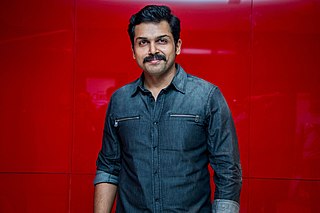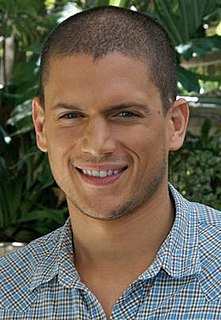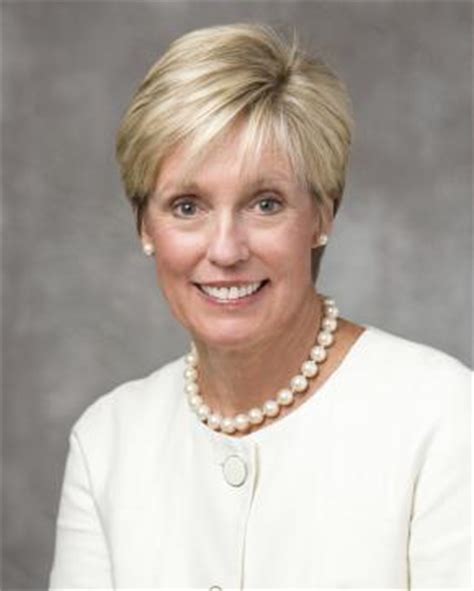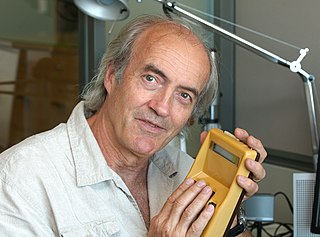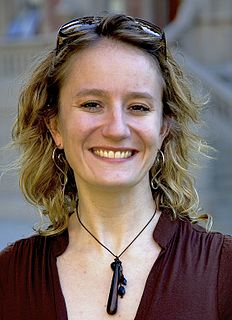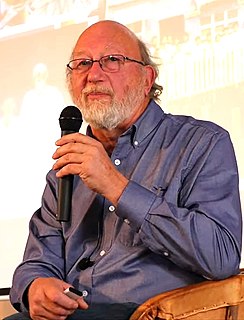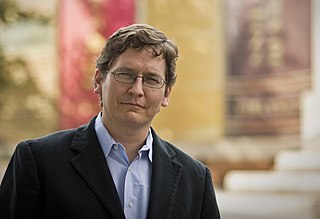A Quote by Marie Clay
If children are apparently unable to learn, we should assume that we have not as yet found the right way to teach them.
Related Quotes
Young children learn in a different manner from that of older children and adults, yet we can teach them many things if we adapt our materials and mode of instruction to their level of ability. But we miseducate young children when we assume that their learning abilities are comparable to those of older children and that they can be taught with materials and with the same instructional procedures appropriate to school-age children.
If you are going to do kaizen continuouslyyou've got to assume that things are a mess. Too many people just assume that things are all right the way they are. Aren't you guys convinced that the way you're doing things is the right way? That's no way to get anything done. Kaizen is about changing the way things are. If you assume that things are all right the way they are, you can't do kaizen. So change something!
I think it's a very dangerous game to play when you assume that just because someone's an entertainer, they're automatically a role model. Entertainers are there to entertain. They aren't there to teach your children the lessons that you haven't bothered to teach them at home yourself. They're just doing their own version of entertaining.
I didn't want to teach my kid how to read, so I used to read to him at night and close the book at the most interesting part. He said, “What happened then, daddy?” I said, “If you learn to read, you can find out. I'm too tired to read. I'll read to you tomorrow.” So, he had a need to want to learn how to read. Don't teach children how to read. Don't teach them mathematics. Give them a reason to want it. In school, they're working ass-backwards.
The world will teach our children if we do not, and children are capable of learning all the world will teach them at a very young age. What we want them to know five years from now needs to be part of our conversation with them today. Teach them in every circumstance; let every dilemma, every consequence, every trial that they may face provide an opportunity to teach them how to hold on to gospel truths.
Obviously, you want to teach your child between right and wrong, respect and being kind to others, whether it's their sisters or parents. You try to teach them by example, talk to them and explain certain situations. But there's also a time to put them in time out or let them know they've made a mistake and try to learn from it.

